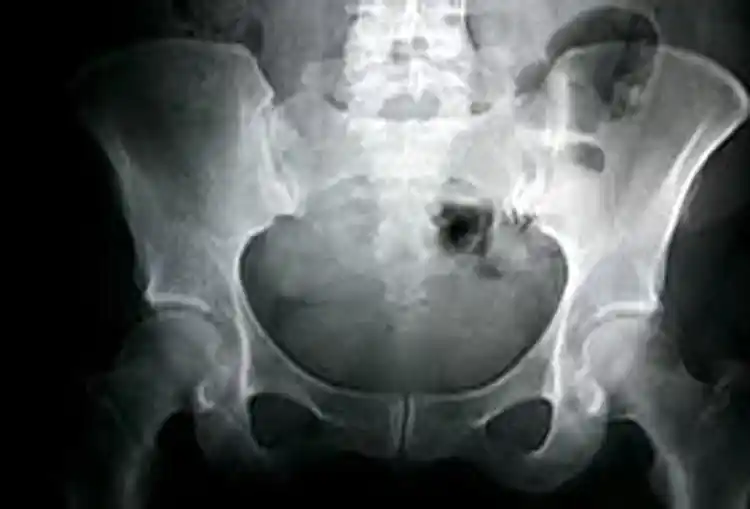Danger After Hip Fractures

Hide Video Transcript
Video Transcript
Narrator
Why are fractures, especially in the hip, so dangerous? Ethel Siris, MD
There are statistics about what happens when you break your hip and they include the fact that in the United States today, there is a 20 percent greater likelihood of dying in the year after you have a hip fracture than if you hadn't had that fracture. Something like half of people who fracture their hips wind up in a nursing home type setting for at least some period of time. And that is demoralizing, difficult, emotionally stressful and not a happy situation. Something like 80 percent of people who break their hips will never go back to their baseline. They will have some problem with some aspect of daily living. A lot of these patients wind up having trouble walking, have to use canes. So if you break your hip, that is really a devastating thing to have happen to you. What about things like shoulder fractures? Sometimes, you don't get the full return of function, so you have limited function in one of your arms because of your shoulder fracture. Pelvis fractures because of a fall hurt like crazy. You can't fix 'em. You can't put a cast around somebody's pelvis. You just have to wait it out. It's a miserable thing to experience. So, there are lots of different fractures. Rib fractures are very painful. Wrist fractures, which is where you fall, but you're able to get your arm out, so you don't break your nose, you break your wrist, okay? And the wrist can fracture if there is lower bone density. And that, you know, you're going to get slapped into a cast for a number of weeks. Many people do fine after it, but many people are left with some arthritis in the wrist, they don't have as functional a wrist as they once did. And again, if you've had a wrist fracture, that's a risk factor for another wrist fracture. Try saying that fast five times. So wrist fractures are again, red flags. You need a bone density. You need an evaluation. You need calcium sufficiency, vitamin D sufficiency. I'm not saying extra, I'm saying enough. And most probably, if you've fractured, you need medication. Not everybody in the world needs medication. But a lot of people do and most of those you know are people with either very low scores, very high risk, or they've clearly had a fracture. 